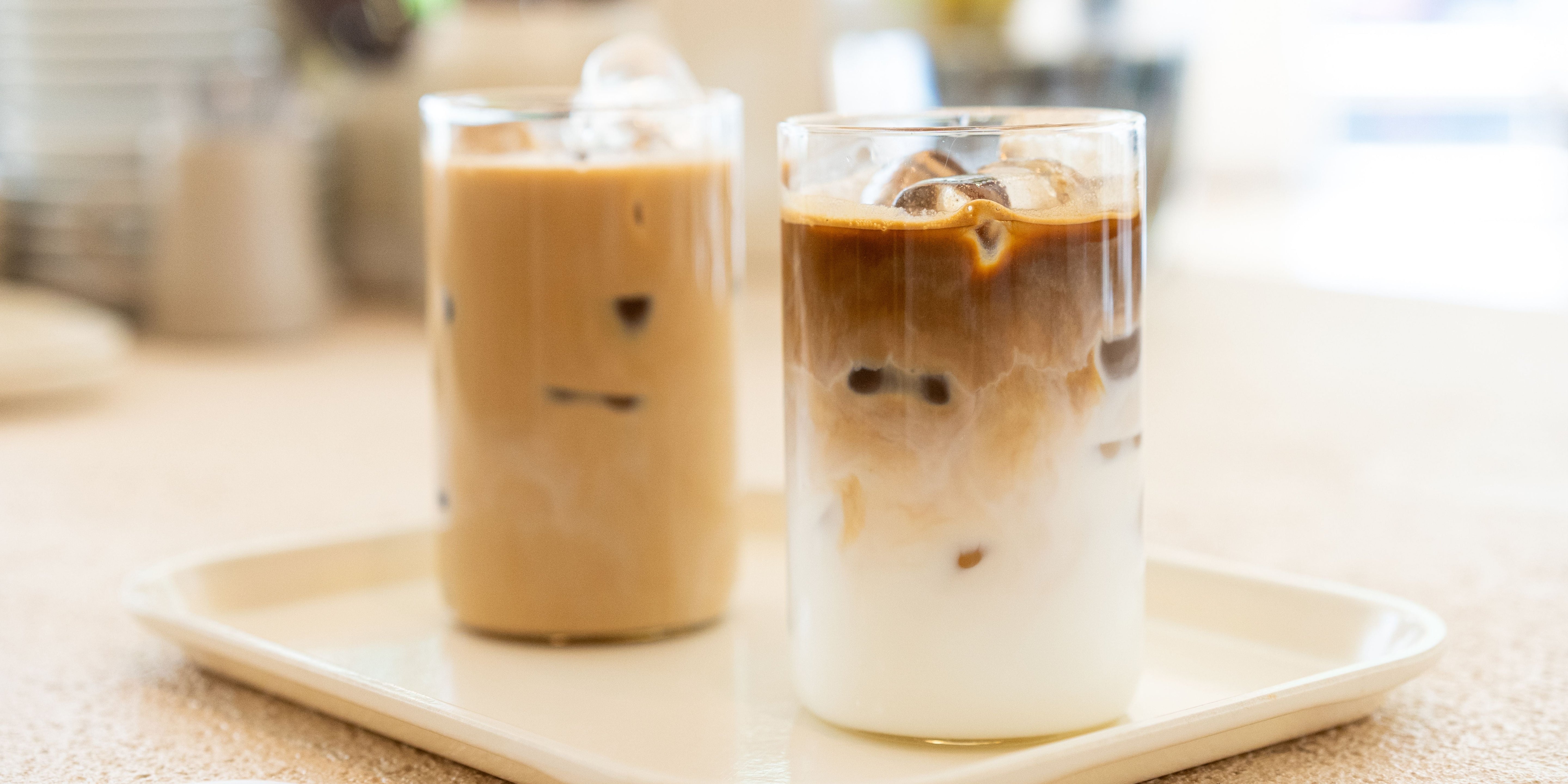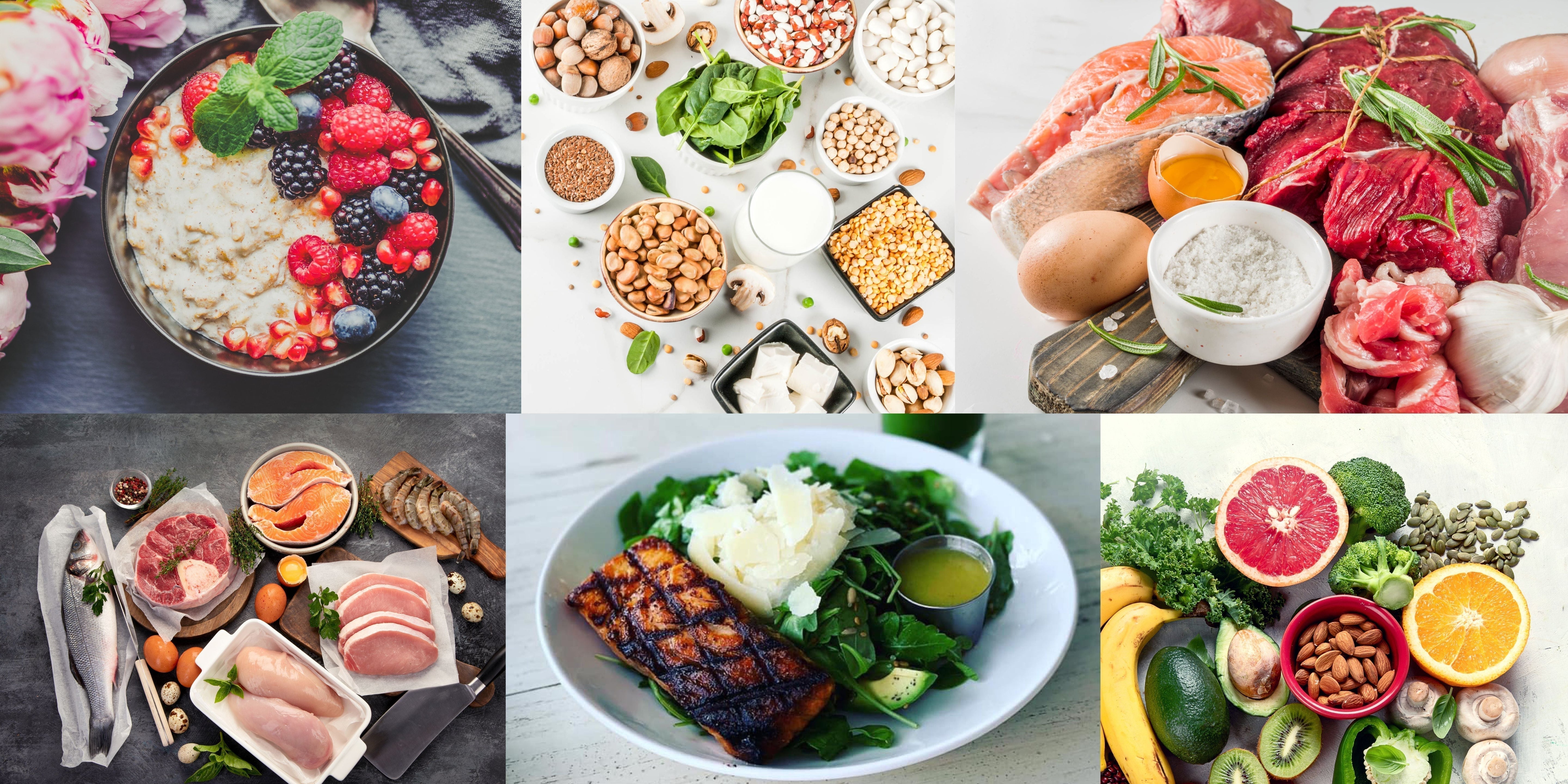You would be hard pressed to find an American adult who doesn't drink coffee. Our fast-paced, busy lifestyles and our addiction to technology to pass the time often keeps us up too late and can run us ragged. Coffee is the fuel that most people run on, and it tastes oh so good!
If you ask Becca in the office, she will tell you I have talked a ton about quitting coffee, but I have only stuck with it long term once. I love the smell and flavor, and the energy lift is often welcome these days. However, I have a strong love/hate relationship with coffee. I love it, but my body struggles with it. So in order to make coffee work for me, I have learned several tricks over the last few years.
Let me walk you through the ways to enjoy coffee without some of the coffee side effects that can occur.
The Quality of the Coffee Matters
Coffee is one of the most heavily sprayed crops, which can make it one of the biggest pesticide exposures people get on a regular basis. It is also often contaminated with mold and is prone to high acidity levels, which can impact digestion and increase the risk of heart burn in some people. A lot of people get jitters and may get more headaches when drinking coffee. Some are surprised to find out that when they drink organic, sustainably-grown coffee, they experience less to no side effects. In this case it is not the caffeine or coffee solely causing the issues, but the manner it is grown and the unnecessary inputs.
Your Coffee Additions Make An Impact
While a lot of people drink their coffee black, Americans are known for buying sugared, flavored drinks at their favorite coffee shop or using flavored creamers. The additives in creamers can include hydrogenated, heavily processed and toxic oils, high in inflammatory omega-6s. It can also include a lot of thickeners and gums that may be irritating to the stomach, as well as artificial flavors or sweeteners. If you have upgraded the quality of your coffee and are still having problems, don't neglect to examine what you are adding into your coffee.
Goat vs. Cow
The other big issue with what you add into your coffee is what kind of dairy you are using. In refrigerated commercial creamers or in most coffee shops, the milk often comes from factory farmed cows that may not get free access to pastures and may be injected with hormones and antibiotics. Even if the milk is cleaner, cow's milk often contains the more inflammatory and reactive A1 casein, contributing to more side effects and a bigger chance of a gut ache after your morning brew. Cow milk also has larger and harder to digest fat and protein molecules, and is more acidic. It is also a common allergen.
On the other hand, many people who can't digest cow milk actually do really well with goat milk. Its smaller fat and protein molecules make it easier to digest and gentle on the tummy, plus it is the animal milk that is most closest to human milk, better matching our needs. In fact, it has 20x the taurine levels of cow milk and matches the levels in human milk. Goat milk is higher in potassium, is more alkaline, and is also higher in brain and energy-boosting medium chain triglycerides (MCTs).
Goat milk is often hard to find locally, but with our powdered grass-fed goat milk (without any added hormones and no antibiotics) and our clean goat milk cream flakes, you can enjoy your coffee with milk or cream without the stomachache.
Cream vs. Milk - Which Works for You?
Years ago I made the switch from lattes to Americanos with cream when I was convinced the slower digesting fat would slow the absorption of the caffeine and the potential blood sugar impact it has on the body. (I also learned it was a more cost-effective drink. Score!) However, after many years of drinking cream instead of milk in my coffee, I was surprised to consistently notice that I actually feel better and less jittery when using a quality milk instead of cream in my coffee.
It baffled me a bit at first because milk has more lactose, which is a carb and generally lattes taste a lot sweeter. Maybe it is possible that the quicker digestibility of the lactose and protein helped to give me more immediate fuel and actually provides more stability than the slower digesting cream. Sometimes we can't logic our body into working how we think it should, right?
Have you tried cream vs. milk and felt a difference? Let me know in the comments.
Eating with Coffee
This is HUGE!
When we drink coffee, it basically speeds up our utilization of energy by kicking the adrenals to push and pump out cortisol and puts us into a sympathetic state. This causes us to burn fuel faster and if we haven't eaten, it puts a lot of stress on the body, and can set you up for a blood sugar roller coaster for the day. I believe that is the main cause for what we call "the jitters." So, make sure to eat breakfast or a meal before you have your coffee, or at the very least, some amount of protein, fat and carbs (cheese, apple and nuts could be a good start). This will provide fuel to your body to burn, so that your liver, muscles and adrenals aren't working hard to release stored glucose (known as glycogen).
Replacing Minerals Lost
Repeat after me - "coffee is dehydrating." So if you drink coffee, what becomes a critical point to not skip? Rehydration!
As a diuretic, coffee can make you pee a lot, which is flushing water and minerals down the drain. You may have heard that you should drink 1.5x the amount of water for each cup of coffee you have. But the key is you also want that water to have minerals, including electrolytes! Coffee both depletes and reduces absorption of key minerals, like calcium, magnesium, sodium, and chloride.
I have noticed that if I eat some fruit after coffee before jitters may set in, or even when I drink some raw apple cider vinegar in water after the coffee jitters have hit, it helps my body to process the caffeine and get me feeling better quickly. While I think there are several contributing factors to each of these, I think part of it is the potassium, which is common to both. Our Clean Minerals, Clean Electrolytes, and Capra Mineral Whey are also great sources of potassium, with roughly anywhere from 682 mg (Clean Electrolytes) up to 1130 mg (Capra Mineral Whey) per serving. I have been using these more either before or after my cup of coffee.
Closing Tips
Some other things to consider are selecting decaf coffee, if the caffeine really messes with you. Just make sure it is swiss water-processed instead of using chemicals to decaffeinate it.
If you didn't get great sleep the night before and you already feel depleted, try going for a walk or drinking water with electrolytes before reaching for coffee. You can use coffee as a tool, but don't use it as a crutch. Prioritize making other good habits, like eating regular meals including protein, fat, and carbs, hydrating, and getting in daily movement.
Brewing methods also play an impact on digestibility. Cold brew, for example, decreases the acidity of coffee, which may be helpful if you struggle with acid reflux. Just note, it does increase the caffeine per serving, so it is not a great option if you are caffeine sensitive. There are many different ways of brewing coffee: percolating, french press, espresso, pour over, a coffee siphon. They all can affect the flavor and may impact how you feel when drinking coffee. I would suggest doing your research and some trial and error to see what brewing method works best for you.
An Organic Coffee Option For You
I love the flavor of the Organic, Single Origin Coffee Beans from Mexico that the Stout Coffee House keeps freshly brewed. With some cream and honey, it is delicious!






Share:
The Healing Power of Goat Milk... For Dogs and Cats
2 comments
This is gold! I consciously avoid coffee, it burns me out very quickly, but I’m surrounded by coffee addicts! ’m gonna try this for my family (and me!) and in my starting practice. Thanks a lot. 💜
Thank you of this information. Moreover, after reading it I am very happy that I do not drink coffee.
I have never had a desire to drink this beverage. I drank a cup of java one time in my life because I was drafted to go to Frankfurt to work a flight from Vancouver. I was falling asleep during the flight. We are not allowed to take any rest and I had not slept because I was called at that last minute. I drank the coffee so I would stay awake. Well, I couldn’t sleep for almost 2 days! This experience put me totally off drinking it in the future.